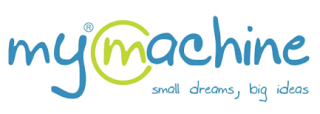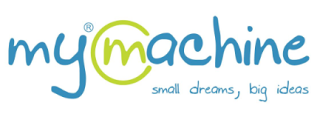Interdisciplinary Education for Innovation is Tough, but it Pays

FEI Europe 2016 presentation by Dr Peter Purg, Professor in New Media, University of Nova Gorica
The question put to the room, and the focus of the work Dr Purg presented to us, was "is it possible to educate for innovation?"
The first programme he described was mymachineglobal.org, where 20-30 children aged 7-10 of age select ideas to go to prototype, with the goal to build innovative products.
As well as the young students, older students and mentors work with them to build prototypes from the drawings.
Some key learnings from the MyMachineGlobal programme:
- 1. Education for innovation needs to be 'radically transversal' (trans-generational, trans-disciplinary, and trans-cultural),
- 2. Blended collaboration teams worked successfully across countries, and
- 3. Limited resources encouraged the students to think creatively and seek out opportunity
ABOUT THE AUTHOR: Dr Claire McGowan is CEO for SODA Inc. (SODAinc.com), a Founder-focused incubator and Wintec company based in Hamilton, New Zealand. Claire has trained as a life scientist, worked in venture capital and investment banking, and built and sold several businesses, including IPMarket.com. @clairemcgowan @Soda_inc @IPMarket

